Farmers' concerns as wet fields dent milk output
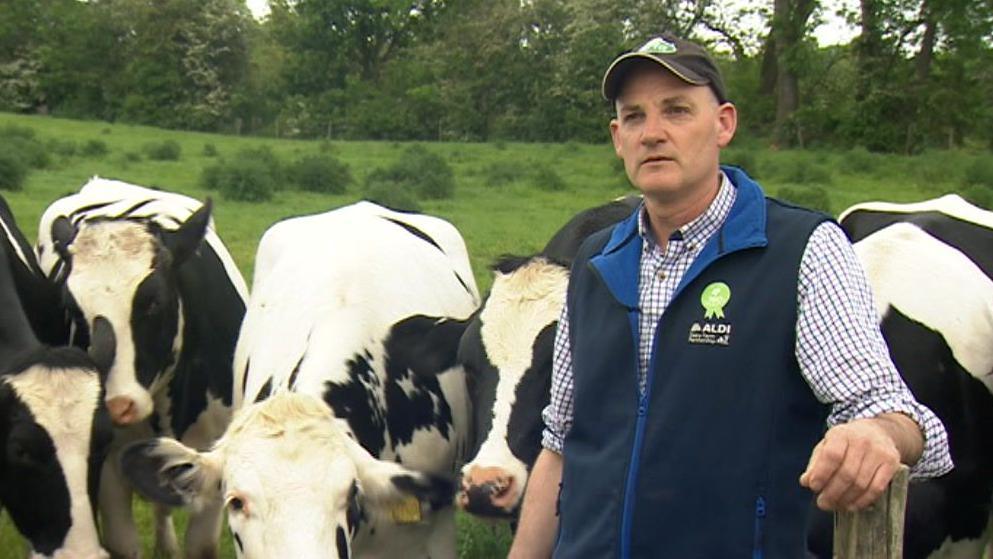
Shrewsbury farmer Tim Dale said the usual spring flush had not been as bountiful as it normally was
- Published
Dairy farmers in the Midlands have said recent wet weather has led to increasing challenges for their businesses.
They said long wet periods had put fields that their cows usually graze on out of action.
One dairy farmer from Shropshire said some of his fields could be out of use until the summer.
A Warwickshire farmer was concerned it could have knock-on effects for calving.
Tim Dale, a farmer based near Shrewsbury, said the bumper start to milk production usually experienced each spring had failed to fully materialise this year.
“There is a seasonal increase, as there normally is, but it is less than usual,” he said.
“We’re around 2-3% down nationally on last year, and last year wasn’t a great year either.”
Charlie Goadby, a farmer from Nuneaton, said that at this time of year cows would normally be full of spring grass from the fields.
Farmers were instead having to give their livestock top-up feeds which came at a substantial extra cost, he said.
Mr Goadby commented: “It’s been absolutely horrendous.”
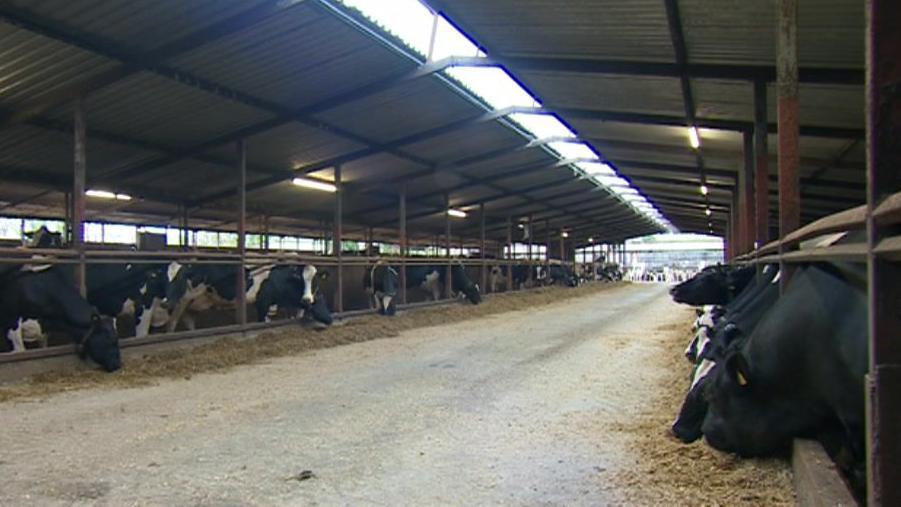
Farmers have been forced to keep their cows indoors as the fields are not suitable for turning them out
He added: “The damage that’s been done to the fields early on has taken longer to recover and get back into the grazing cycle.”
It means farmers have had to use other land, which they would otherwise have used to gather silage to feed the animals over the next winter.
As a result there could be less silage available, which is a further concern, he said.
In addition, Mr Goadby fears some cows are not getting enough good quality food, which is impacting their metabolism and could have knock-on effects for next year’s calving.
It has led to some farmers considering their futures, he said, as some struggled to break even on milk production costs.
“For many, it’s trying to ride out the storm or you just go broke,” he said.
Follow BBC West Midlands on Facebook, external, X, external, and Instagram, external. Send your story ideas to: newsonline.westmidlands@bbc.co.uk, external
More stories like this
- Published8 March 2024
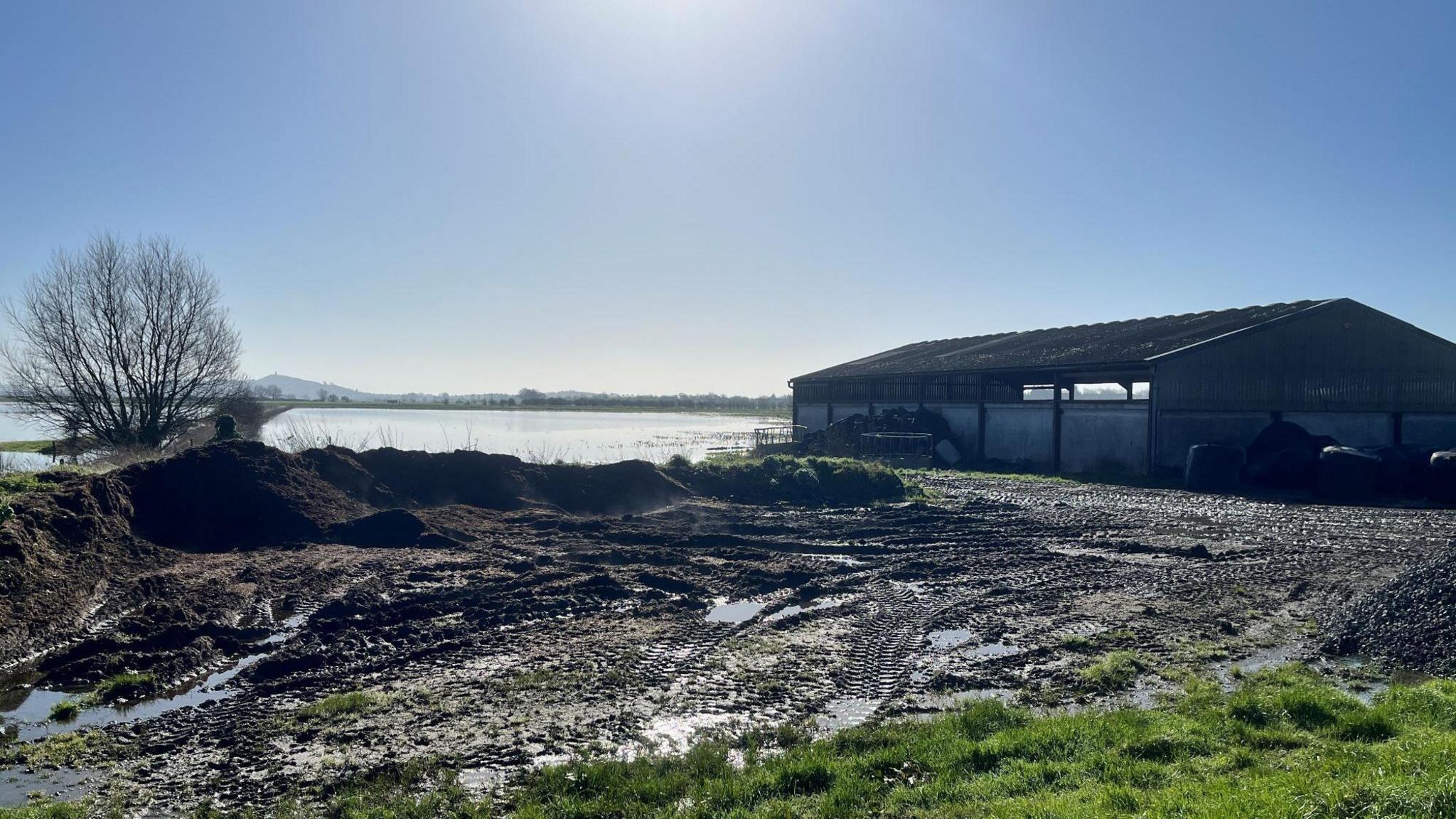
- Published25 February 2024
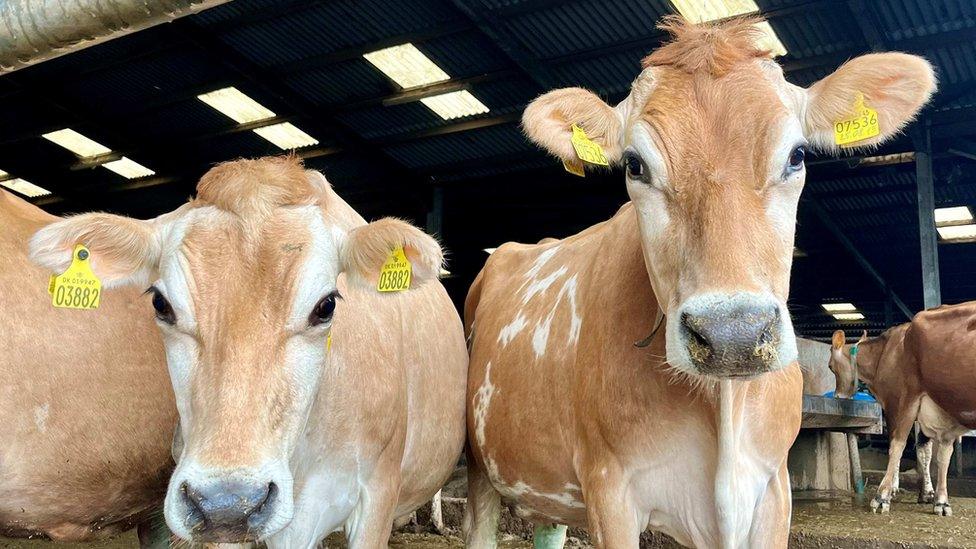
- Published21 February 2024
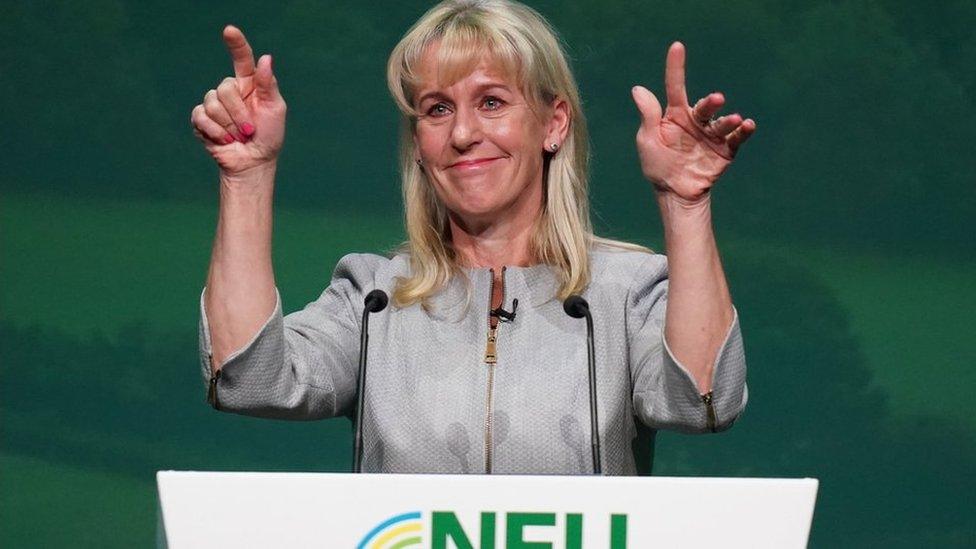
- Published8 January 2024